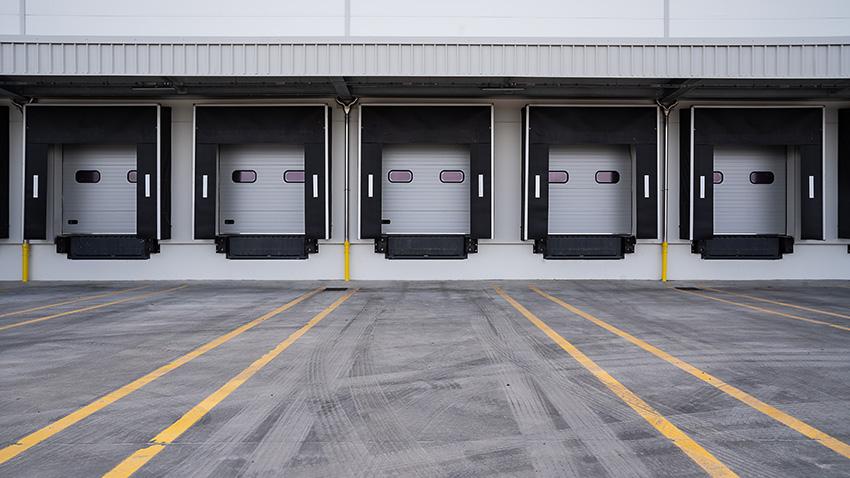2025-01-07
logistics

The German logistics real estate market in 2024 bore the marks of economic recession, yet also displayed signs of resilience and recovery. While the letting market experienced significant declines, and logistics providers reported increased vacancies due to reduced buffer warehousing, new construction developments surpassed 4 million square meters—a modest increase compared to 2023. Logivest, a logistics property consultancy, observed a notable uptick in speculative construction in 2024, reflecting regained confidence among developers. “New logistics developments will exceed 4 million square meters this year,” confirmed Kuno Neumeier, CEO of Logivest. “We are also seeing a normalization of rents, with falling construction costs bringing rates down to more manageable levels. In some areas, projects with rents below six euros per square meter have reappeared, which was unthinkable last year.” One standout project is the Log Plaza in Frankfurt Oder, developed by Alcaro without any pre-letting agreements. This speculative development underscores renewed trust in market stability. Sustainability continues to play a central role in new construction projects, with developers prioritizing energy efficiency and eco-friendly designs. Despite positive developments, challenges remain. Increased vacancies have been reported in existing properties, with logistics service providers struggling during a subdued peak season, from Black Friday through Christmas. “Our logistics service provider exchange, Logivisor.com, indicates that the grey market currently includes at least 2 million square meters of vacant managed storage space,” Neumeier noted. “This reflects ongoing difficulties in matching demand with available space.” The volatile automotive sector further complicates the logistics landscape. While the new Mercedes-Benz logistics center in Bischweier—a 100,000-square-meter project—stands out as the largest development of 2024, competition from Chinese electric vehicle manufacturers continues to rise. The decline in production by German automakers could have long-term implications for space requirements in the supplier industry. Despite current obstacles, Neumeier remains cautiously optimistic about the future: “The logistics real estate market is likely to continue stabilizing in 2025. New demand drivers, such as the expanding defense sector, are expected to play a significant role in boosting the market.” Logivest plans to release detailed data and analysis of 2024 developments, along with a forward-looking perspective for 2025, in the upcoming Logivest Logistikimmobilien Seismographen 2024/2025, set for publication in mid-January. The German logistics real estate market is navigating a challenging landscape marked by recessionary pressures and transformative industry shifts. However, signs of recovery and strategic adaptation—through speculative development, sustainability-focused projects, and emerging demand sectors—offer hope for a more stable and dynamic market in the coming year.

